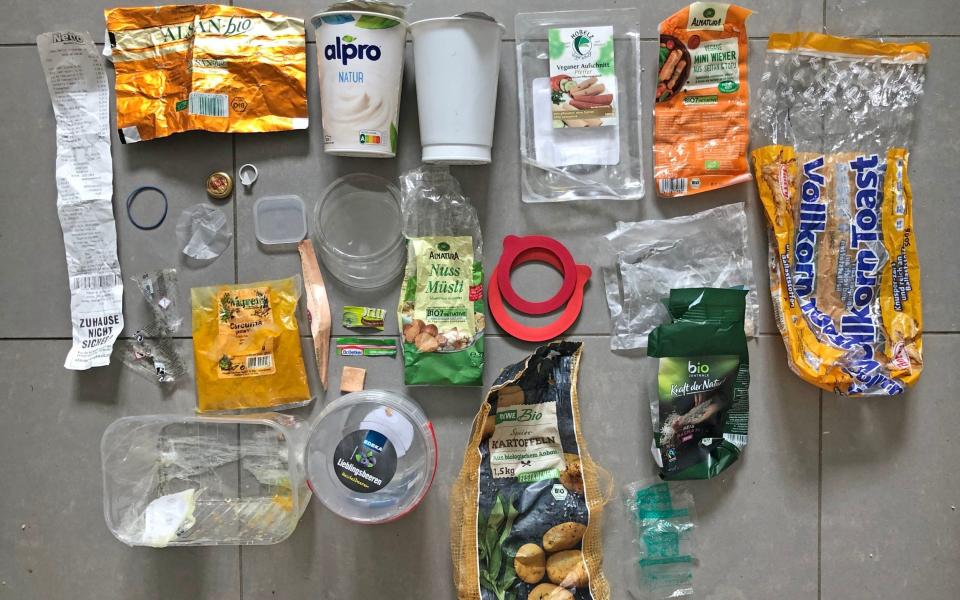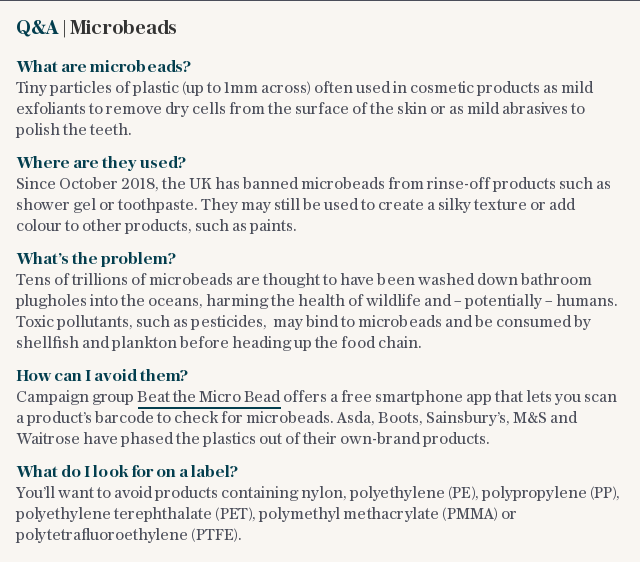Online ordering prompts increase in lockdown plastic waste

The use of plastic has risen during lockdown with online ordering largely to blame, according to a survey.
While households have tried to reduce their plastic waste output for several years, the coronavirus crisis seems to have reversed that progress.
The waste that rose most during lockdown included snack wrappers, delivery parcel bags and PPE (personal protective equipment).
Some 483 people across the UK stored up and recorded their household's plastic waste for a week as part of the Everyday Plastic Survey during lockdown, collecting almost 23,000 pieces of rubbish between them.
The survey found households got through 128 pieces of plastic waste a week on average, up from 99 in similar surveys conducted before lockdown.
The majority of the plastic waste reported was unsuitable for recycling, experts said, as it was largely poor quality and film-based.
There has been a rise in online ordering during the pandemic as people avoid going to the shops. This creates waste, with most items packed in plastic.
Last month, Boris Johnson's fiancee Carrie Symonds urged Amazon to tackle the situation by giving shoppers a plastic-free option at checkout. The online giant has refused to commit to the move, arguing that it is working on recyclable alternatives.

During the survey, first launched in 2018, participants collect and record a week's worth of household plastic waste before submitting their data to get their own personal plastic footprint, with a breakdown of what they throw away and where it goes.
Lockdown has caused a sizable increase in plastic waste, with billions of disposable face masks and gloves being used daily across the globe and many people believing single-use plastic containers and cups are less likely to carry Covid-19 than reusable alternatives.
Daniel Webb, who founded Everyday Plastic, said: "The outcome of the Everyday Plastic Survey supports assumptions that domestic plastic waste increased under lockdown conditions, particularly fruit and veg packaging, snack wrappers, parcel bags and PPE.
"The Everyday Plastic Survey is designed to fast track our awareness and understanding, which in turn leads to more responsible consumer choices. We believe that this encourages – or ultimately obliges – businesses and governments to improve their practice and policy."

Almost two-thirds – 65 per cent – of the waste was soft, thin, filmy plastic, which is rarely recycled in the UK.
Only 37 per cent of the pieces of plastic waste collected are considered to be recyclable by councils, and only five per cent would end up actually being recycled in the UK, Mr Webb added.
Last month, environment ministers Zac Goldsmith and Rebecca Pow vowed to wage a new war on plastic waste in response to the rise in pollution during the coronavirus crisis.
The Government is investigating reusable and biodegradable PPE in a bid to cut down on plastic waste.
Across the world, legislation to ban single-use plastics was delayed by the pandemic. A new landmark law to outlaw the use of plastic straws, stirrers and cotton buds was due to be voted on in April, but was halted by the virus crisis. Now ministers are racing against the clock to get the ban in place as soon as October.
In the UK alone, from February 25 to April 18, some 748 million items of PPE were distributed to frontline health staff. Most of this will have been used once and discarded.

